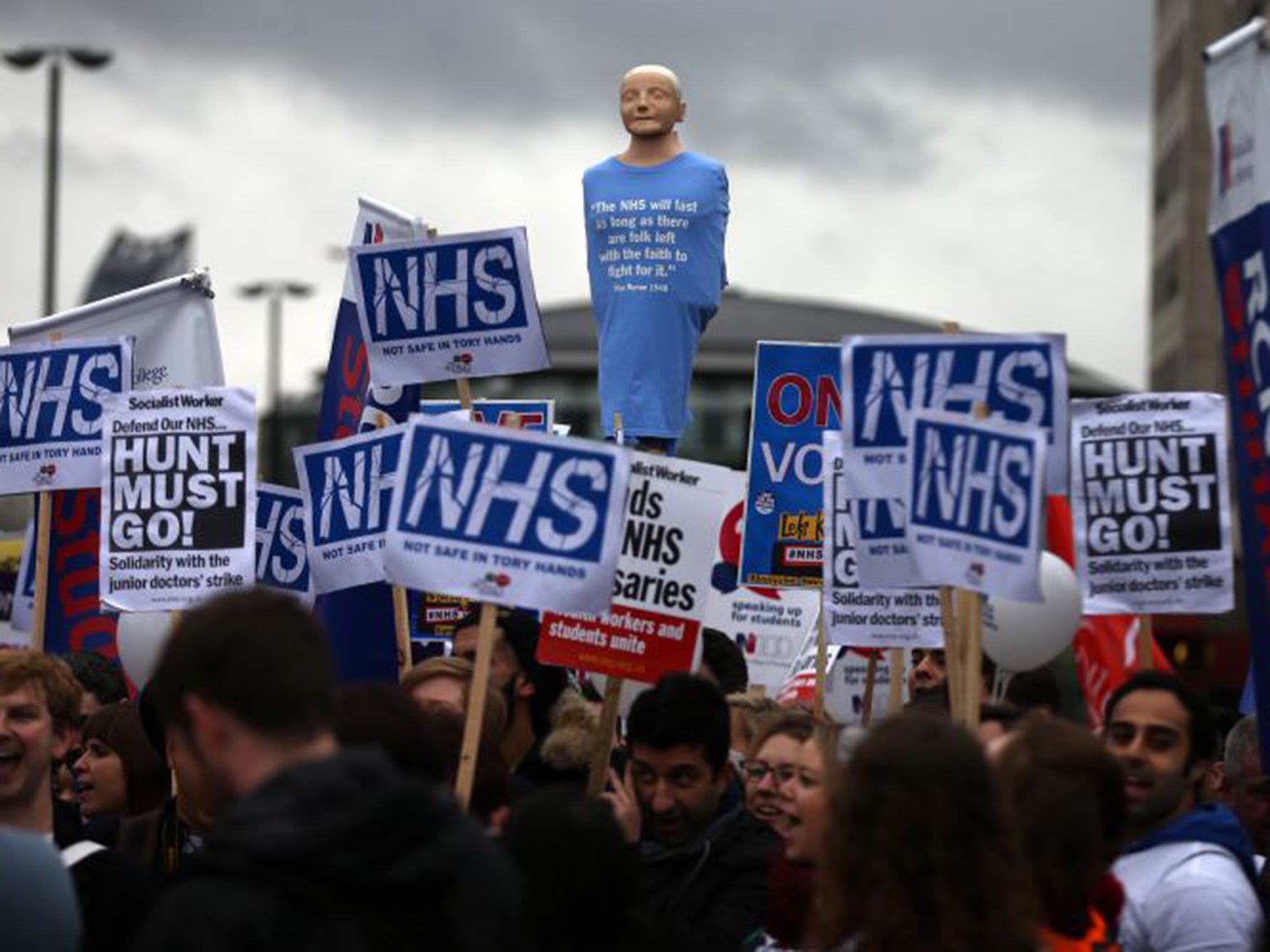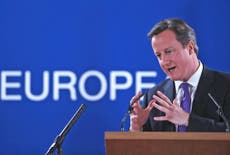The biggest political failure I’ve witnessed is neglect of our institutions
The BBC is probably the finest public service broadcaster in the world, admired for its role in supporting free speech and individual liberty. But it has been exploited - and our most cherished public service, the NHS, is on the brink of breakdown

Summarising the lessons of 40 years in Parliament, both in the Commons and the Lords, in my valedictory speech, was not easy to do in six minutes – and that is how long I had last Friday during an important debate on education.
The United Kingdom is a lucky country. That statement inspires scepticism in millions of my fellow citizens who are struggling with illness or trying to pay for somewhere to live, but we are blessed in many ways. Shakespeare, our greatest poet, put it best in his play Richard II, where John of Gaunt describes us as: “This fortress built by Nature for herself, against infection and the hand of war.”
We are blessed by our geography – the main reason we have not been defeated, occupied, laid waste, or invaded for more than 1,000 years. Instead, we have gradually evolved into a kingdom united by common values and institutions, and by a shared history. That kingdom could, of course, be wrecked if we leave the EU, with Scotland departing and a new border cutting across an Ireland, North and South, living in peace, one with the other.
A lucky country, if it is to remain so, needs good government. Our governments, regardless of party, have made serious blunders and continue to do so. Great Britain has been admired and respected throughout the world for its long tradition of dedicated and honourable public service. But if we look at recent decisions, we can only conclude that we are failing to sustain it. Britain has been remarkable in creating and developing some of the finest public institutions there are, yet these very institutions are now under threat.
The BBC is probably the finest public service broadcaster in the world, admired for its role in supporting free speech and individual liberty. But it has been exploited by self-serving celebrities, and also by government. Making the BBC pay from its limited budget for free television licences for the over-75s is a vote-seeking government policy; it is not a BBC one. But the right answer is to make government either pay or abandon the policy.
Short-sighted cuts to public health, which could prevent thousands contracting diabetes or becoming obese, is another government blunder. Our most cherished public service, the NHS, is on the brink of breakdown as huge numbers of GPs and junior doctors threaten to leave. The public finance initiative of John Major’s government, extended by Tony Blair, loaded millions of pounds of debt on to NHS Trusts – debts they are still struggling to repay. Politicians of all parties have not yet constructed a consensus to insist on adequate and sustainable funding for the NHS, choosing instead the adversarial politics that have for so long characterised our islands, rather than trying to agree on answers.
And now the United Kingdom approaches the toughest of choices: whether or not to leave the European Union. Institutional memory can be short, and we have forgotten the staggering achievements of the EU. The last great European war ended 70 years ago. The last European dictatorships outside the Soviet bloc – Spain, Portugal, Greece – collapsed more than 30 years ago. Central and Eastern Europe joined the EU 20 years ago, in favour of democracy, the rule of law and a common market.
I commend the Prime Minister on attempting to negotiate changes in the EU, but believe he would do better to frame them in the context of what is in the interests of a wider Europe rather than only the UK. I wish he would address some of the toughest issues, following the lead of our Immigration Tribunal by admitting Syrian refugees with family members living and working in this country and proposing that other EU members do the same. He should raise with Russia whether intense bombing of Syrian civilians spurs yet more terrified people to join the torrent of refugees rather than defeating Isis. These are issues of the first importance.
It is better together to foster peace treaties, to oppose nuclear proliferation, to counter terrorism, to protect and help the wretched of the earth.
That is Europe’s mission, and it is essential that the United Kingdom plays a leading part in it.



Join our commenting forum
Join thought-provoking conversations, follow other Independent readers and see their replies